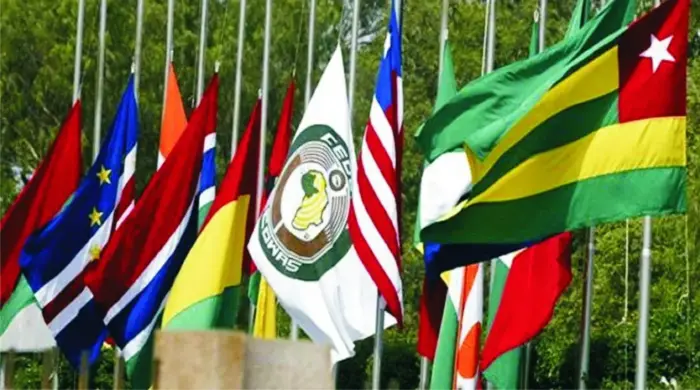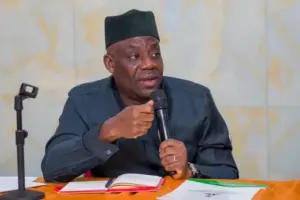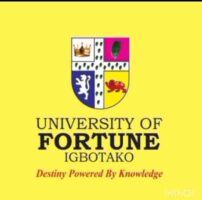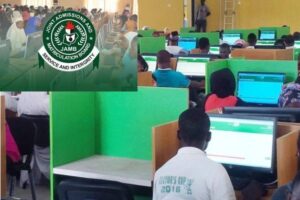President of the Economic Community of West African States (ECOWAS), Dr. Omar Alieu Touray, has pledged that the regional body will support efforts to modernise the Qur’anic education system as part of a strategic approach to combat terrorism, violent extremism, and poverty linked to the Almajiri phenomenon.
Touray described terrorism and violent extremism as “threats to the sub-region’s peace and development,” urging Islamic scholars to intensify their role in preventing radicalisation and tackling terrorism across West Africa.
He made the remarks at the closing ceremony of the first West African Islamic Conference on Security and Governance, organised by the ECOWAS Commission in collaboration with Jam’iyyatu Ansariddeen Attijaniyya, in Abuja.
The three-day event, held from November 4 to 6, 2025, focused on the theme “The Role of Islamic Organizations in Countering Terrorism and Violent Extremism in West Africa and the Sahel.”
The high-level conference brought together Islamic organisations, government officials, traditional and religious leaders, scholars, policymakers, youth representatives, and development partners to develop actionable strategies to address security and governance challenges across the region.
Touray underscored the importance of traditional Qur’anic schools—known as Tsangaya, Makaranta, or Daara—in shaping the minds of millions of young learners and preventing their exposure to radical ideologies.
“In a region with a youthful population, it is important to pay attention to the situation of these youths and support them to channel their energies for positive activities,” he said.
“We must modernise and reform these schools to become centers of learning and economic empowerment. These schools accommodate millions of young people in the region, but they are not given the attention they require. The situation makes both the teachers and their students vulnerable to recruitment by criminal organizations, including terrorist groups. We cannot therefore ignore these important institutions and democracies.”
Read Also
He commended President Bola Tinubu for establishing the National Commission for Almajiri and Arab School Children Education, aimed at providing quality religious and non-religious education. Touray also praised Ghana and Senegal for introducing similar policies to improve conditions for Qur’anic students.
“The goal is to better supervise and calibrate children, eradicate forced begging, and support educational structures that need to be established,” he added.
READ ALSO: ECOWAS, OECD Sign MoU to Strengthen Regional Cooperation, Sustainable Growth
Touray further assured that ECOWAS, in partnership with the United Nations and other stakeholders, would implement follow-up projects to modernize traditional Qur’anic schools.
“Together with the UN and other stakeholders, we will, inshallah, work with governments and other stakeholders to build on the outcome of this conference by implementing joint projects for the modernisation of the traditional Quranic schools. Protecting these schools, their students and teachers, will end the phenomena of street begging, child abuse, and the vulnerability of the Quranic school goers to radicalization and recruitment by extremism and terrorist groups,” he said.
Touray stressed that every effort must be made to secure West Africa and the Sahel from insecurity and reverse negative trends undermining stability and development in the region.
“In the last decade, terrorism and violence have exerted a huge toll on the socio-economic well-being of our people. West Africa and the Sahel have become the front line of the global fight against terrorism,” he said.
Quoting findings from the 2025 Global Terrorism Index, Touray noted that “Africa has emerged as the new hub of terrorist activities,” with the Sahel region witnessing a “dramatic increase in terrorist operations.”
He reaffirmed ECOWAS’s commitment to a balanced approach in addressing the threat.
“For us in ECOWAS, we have emphasised the application of non-kinetic and kinetic strategies in tackling the menace. Our regional action plan against terrorism outlines a series of initiatives in this regard. This plan provides rules for multiple access from both states and non-state institutions. Therefore, this conference, which examines the role of Islamic organizations in countering terrorism and violent extremism, fits squarely within the regional non-kinetic initiatives. We must therefore work both to prevent extremism and tackle terrorism wherever it occurs,” he said.





